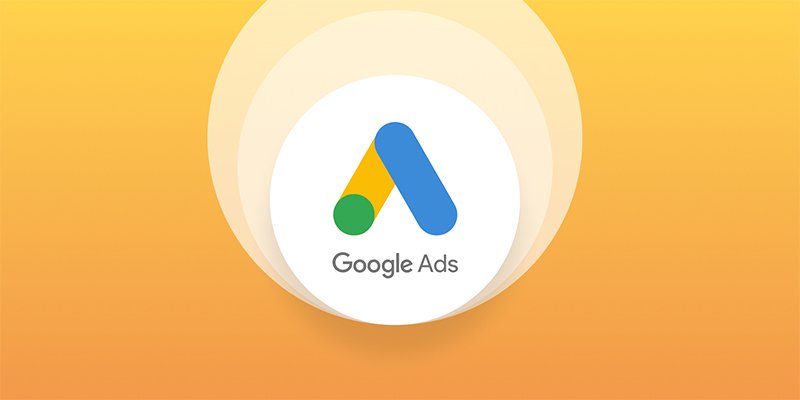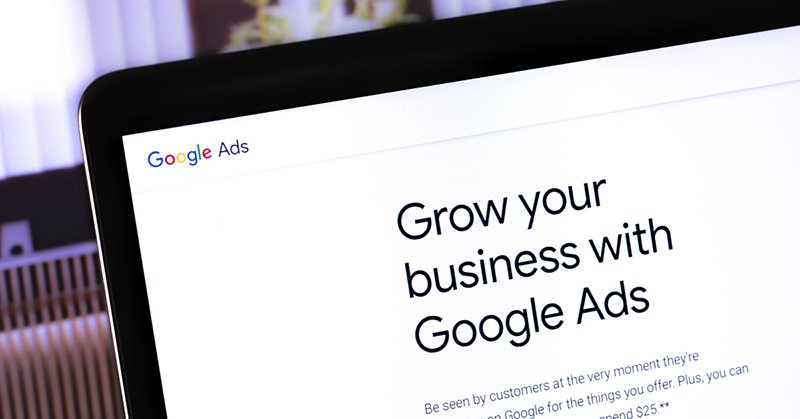When it comes to digital advertising, Google Ads remains one of the most popular platforms for businesses looking to reach potential customers. With billions of searches happening on Google every day, it’s a powerful tool for increasing visibility, driving traffic, and generating leads. However, a common question many businesses ask is: How much do Google Ads cost, and are they worth it?
In this blog post, we’ll break down the factors that influence Google Ads pricing and explore whether they’re a worthwhile investment for your business.
How Do Google Ads Work?
Before diving into the costs, it’s essential to understand how Google Ads operates. Google Ads is a pay-per-click (PPC) advertising platform, meaning you only pay when someone clicks on your ad. These ads appear in Google search results, YouTube videos, and across Google’s display network, which includes millions of websites and apps.
Key Types of Google Ads:
- Search Ads: These appear at the top of Google’s search results when users type specific keywords.
- Display Ads: Visual banners that appear across the Google Display Network.
- Shopping Ads: Show product images and prices for users searching for products.
- Video Ads: Typically run on YouTube and other video platforms.
- App Ads: Promote app downloads across Google’s platforms.
The cost of Google Ads is highly variable, depending on several factors that we’ll explore below.
What Factors Influence Google Ads Costs?
Google Ads doesn’t have a fixed cost—it operates on an auction system where the price depends on various factors, including your industry, competition, and your ad’s relevance.
1. Cost-Per-Click (CPC)
The amount you pay each time someone clicks on your ad is called the cost-per-click (CPC). CPC rates can vary widely depending on the keywords you’re targeting. For example:
- Highly competitive industries like legal services or insurance often have CPCs upwards of £20–£50 per click.
- Less competitive industries might see CPCs ranging from £1 to £5 per click.
2. Bidding Strategy
Google Ads allows you to set a maximum bid for how much you’re willing to pay for a click. If your competitors are bidding higher amounts for the same keyword, you may need to increase your bid to stay competitive. However, having a higher bid doesn’t always guarantee that your ad will appear—it also depends on the relevance of your ad.
3. Quality Score
Google ranks ads based on their relevance and usefulness to the user, not just the bid amount. This ranking is known as the Quality Score, which takes into account factors like:
- Ad relevance: How closely your ad matches the keyword or search query.
- Expected click-through rate (CTR): How likely it is that users will click on your ad.
- Landing page experience: The quality and relevance of the page users are directed to after clicking your ad.
A high Quality Score can lower your cost per click, meaning you’ll pay less for better ad placements.
4. Ad Budget
You have control over how much you spend on Google Ads by setting a daily budget. The more you’re willing to spend, the more visibility and clicks your ads are likely to receive. Google will distribute your budget throughout the day, trying to get as many clicks or impressions as possible without exceeding your daily limit.
5. Geographic Location
Costs can also vary depending on where your target audience is located. For example, running ads in competitive markets like London or New York will generally be more expensive than targeting smaller, less competitive regions.
6. Ad Type
The type of ad you run also impacts the cost. For instance, search ads typically have higher CPC rates than display ads but can drive more immediate, intent-driven traffic. Shopping ads may also have different cost structures depending on the product and competition.
Are Google Ads Worth the Investment?
Now that you know how much Google Ads can cost, the next question is: Are they worth it? The answer depends on your business goals, budget, and how effectively you manage your campaigns.
1. Measurable ROI
One of the biggest advantages of Google Ads is that it’s measurable. You can track every click, conversion, and sale that comes through your ads, giving you a clear picture of your return on investment (ROI). With the right tracking and analytics, businesses can make data-driven decisions and continually optimise their campaigns for better results.
2. Immediate Results
Unlike organic SEO, which can take months to show results, Google Ads can drive immediate traffic to your website. For businesses looking to generate leads or sales quickly, this immediate visibility is often worth the investment. You can launch a campaign today and start seeing results in a matter of hours.
3. Targeted Advertising
Google Ads allows you to target your audience with precision. You can choose who sees your ads based on factors such as location, age, interests, and even device type. This level of targeting ensures your ads are seen by people who are most likely to convert, maximising your chances of success.
4. Scalability
Google Ads offers unparalleled scalability. You can start small with a limited budget and scale up as you see results. This makes it an excellent tool for both small businesses and large enterprises looking to grow their online presence. The flexibility to adjust bids, budgets, and targeting in real time means you can control your ad spend while maximising results.
How to Maximise the Value of Google Ads
While Google Ads can deliver a high ROI, it’s essential to manage your campaigns effectively to get the most value for your money. Here are some tips to help you maximise your investment:
1. Conduct Thorough Keyword Research
Effective keyword research is the foundation of a successful Google Ads campaign. Use tools like Google Keyword Planner to identify high-value, relevant keywords that your target audience is searching for. Aim to find a balance between competitive keywords and long-tail keywords with lower CPCs.
2. Focus on Ad Relevance
Make sure your ads are highly relevant to the keywords you’re bidding on. Write clear, compelling ad copy that addresses the user’s intent and matches their search query. A relevant ad will not only improve your Quality Score but also increase your click-through rate, ultimately lowering your costs.
3. Optimise Landing Pages
Don’t just focus on the ads themselves—ensure that your landing pages are optimised for conversions. A slow, irrelevant, or poorly designed landing page can result in lost sales and a lower Quality Score. Ensure your landing pages load quickly, offer a seamless user experience, and are aligned with the ad’s message.
4. Monitor and Adjust Campaigns
Regularly review your Google Ads performance and adjust your campaigns based on what’s working and what isn’t. Use A/B testing to experiment with different ad copy, keywords, and landing pages to continuously improve your campaign’s performance.
5. Set Clear Goals
Finally, make sure you set clear, measurable goals for your Google Ads campaigns. Whether your objective is to drive sales, generate leads, or increase website traffic, having defined goals will help you better measure the success of your campaigns and adjust your strategy accordingly.
Conclusion
So, how much do Google Ads cost? The answer depends on several factors, including your industry, target audience, and competition. While costs can vary, the real question is whether Google Ads are worth it—and for many businesses, they absolutely are.
Google Ads offers a highly measurable, scalable, and targeted way to reach potential customers. With the ability to control your budget and see immediate results, it’s a valuable tool for businesses looking to grow their online presence and drive conversions.
The key to success lies in strategic management. By conducting thorough research, optimising your ads, and continually refining your approach, Google Ads can deliver a strong ROI and become a crucial part of your digital marketing strategy.
Ready to give Google Ads a try? Start small, optimise as you go, and watch your business grow through targeted online advertising.



